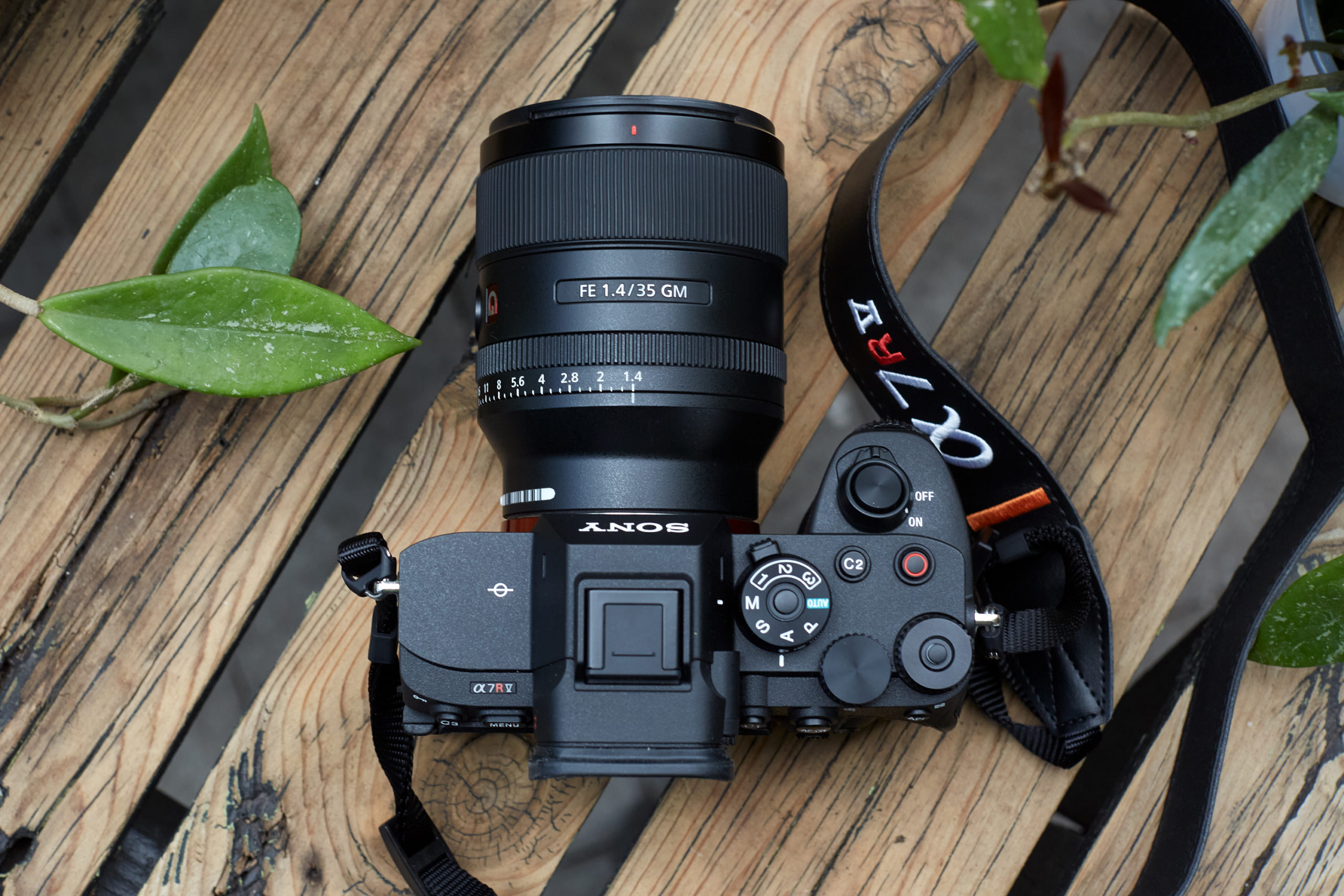
[ad_1]

OPINION: Intel’s Core Ultra (codenamed Meteor Lake) chips are here, and along with AMD’s 7040 series chips plus the inbound 8040 range, they’re making thin-and-light Windows laptops competitive with the MacBook Air once again. Take notice, Apple.
Now, I’m not going to get ahead of myself. The MacBook Air range remains one of the easiest recommendations in tech, whether that’s paying full whack for a 13 or 15-inch M2 or saving cash on the – still excellent – M1 model. However, everything isn’t rosy on the Mac side of things, with shipments declining stunningly in 2023 (via Forbes).
Apple MacBook Pro 16-inch M3 Max – Image Credit (Trusted Reviews)
This damning news was followed by Apple shipping its M3 series of chips speedily in a year when we’d already seen the M2 Pro and M2 Max chips come on the scene. Admittedly, this clash appears to have happened as the M2 MacBook Pro chips were delayed rather than an M3-infused panic response from Apple.
The M3 MacBook Air isn’t expected until 2024, so we can’t make direct comparisons between that and the latest Intel and AMD laptops to burst on the scene. However, based on our experience with the Apple MacBook Air 16-inch M3 Max, this year looks to be another iterative upgrade for the range. This is despite Apple moving from a 5nm process on the M2 series to a more efficient 3nm process with the new M3 range. Apple had its big moment with the transition to Apple Silicon and its now been small steps forward in the years since.
In 2023, Intel and AMD have looked to take advantage of Apple’s resting on its laurels. I’m focusing on the recently released chips from these manufacturers but it’s also worth noting Qualcomm also has Apple in its sights for 2024, with Arm-based Snapdragon X Elite laptops set to burst on the scene.
Acer Swift Edge 16 – Image Credit (Trusted Reviews)
With AMD, some laptops from its Ryzen 7040 series have become available and I tested the Acer Swift Edge 16. It’s an impressive device that takes cues from the LG Gram range without breaking the bank. The Ryzen chip was particularly impressed with the battery life it could offer, as well as the newfangled AI video conferencing features enabled by the onboard NPU. But, the eager fans and poor speakers stopped it from being a true rival to the 15-inch MacBook Air.
But, it’s Intel’s AI-flavoured chip launch this week that has set tongues wagging… is Intel back? Reviewer Stuart Andrews certainly indicates so, with the Intel Core Ultra 7 155H-powered Asus Zenbook 14 OLED getting a 4.5-star review in one of the first early outings for Meteor Lake chips.
Stuart called it a “fantastic lightweight laptop combining good design, strong performance and an excellent screen,” with particular praise reserved for its powerful productivity performance and graphical capabilities – even if it remains well shy of the likes of a MacBook Pro, but this is a thin-and-light.
Asus Zenbook 14 OLED – Image Credit (Trusted Reviews)
However, there lay a warning in the review for Apple’s higher-end MacBook models. The main criticism of the new Core Ultra laptop was that lack of blistering graphical capabilities but we’re keen to see how these chips carry out their duties in larger and more power-friendly form factors.
With the Asus Zenbook 14 OLED, Intel now has a laptop that can be called a worthy MacBook Air rival. Devices in recent years have been limited beyond productivity power and, if they went beyond this, typically drew criticism for aggressive fans, warm chassis and, importantly, poor battery life. That important point has largely faded away with this first Core Ultra laptop. In our review, the Zenbook achieved a strong almost 13 hours of battery life in our benchmark testing. It isn’t perfectly on par with the MacBook Air but it isn’t far off, and that couldn’t be said of many Intel laptops in 2023.
Who knows what Apple has planned for its next big leap forward of the MacBook range, whether that’s in chip technology or hardware. Rumours are pointing towards the introduction of OLED panels on higher-end models but the speculation well is running dry on MacBook Air innovation. Intel, AMD and Qualcomm are making moves to prevent the declining popularity of Macs from being revigorated. What are you going to do about it, Apple?
Ctrl+Alt+Del is our weekly computing-focused opinion column where we delve deeper into the world of computers, laptops, components, peripherals and more. Find it on Trusted Reviews every Saturday afternoon.
[ad_2]






